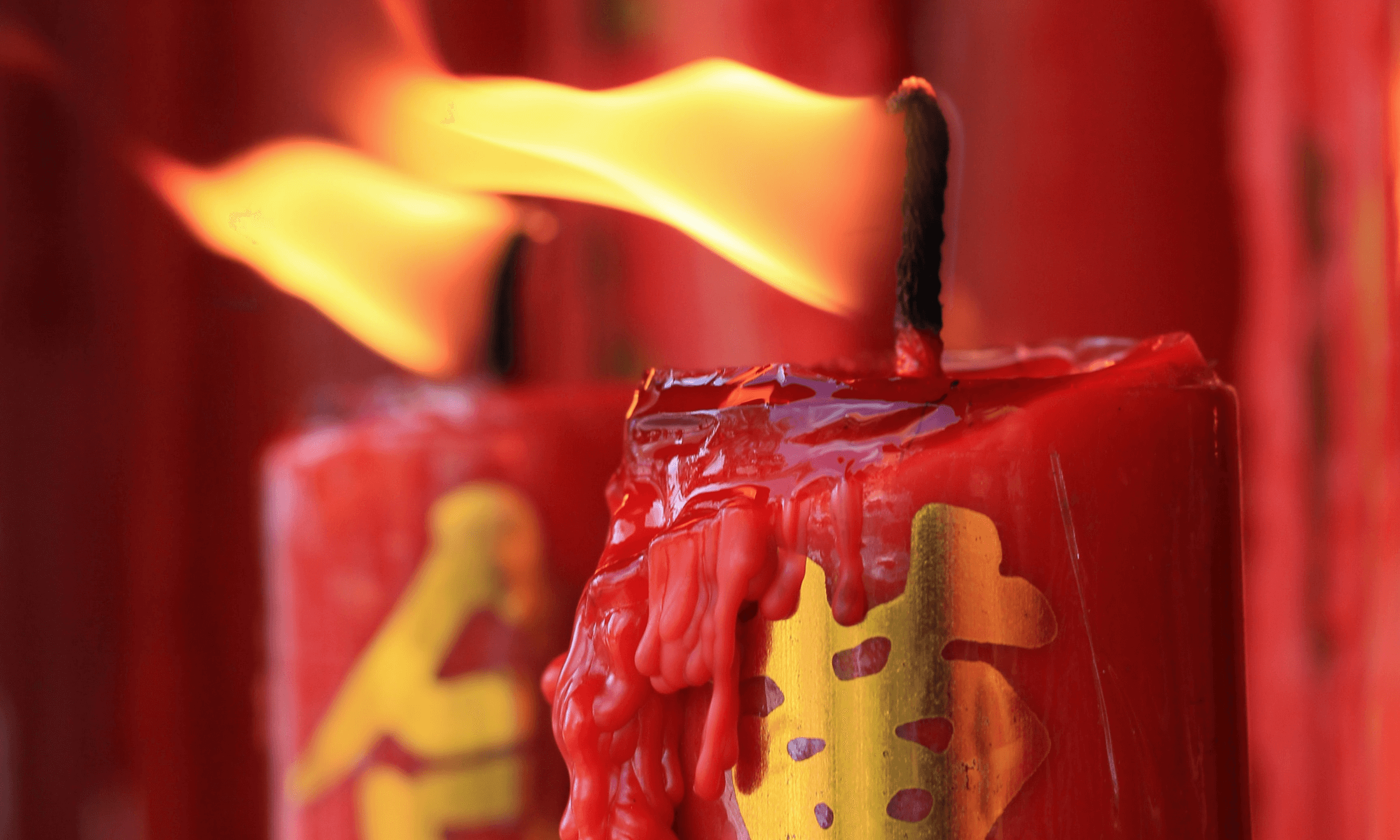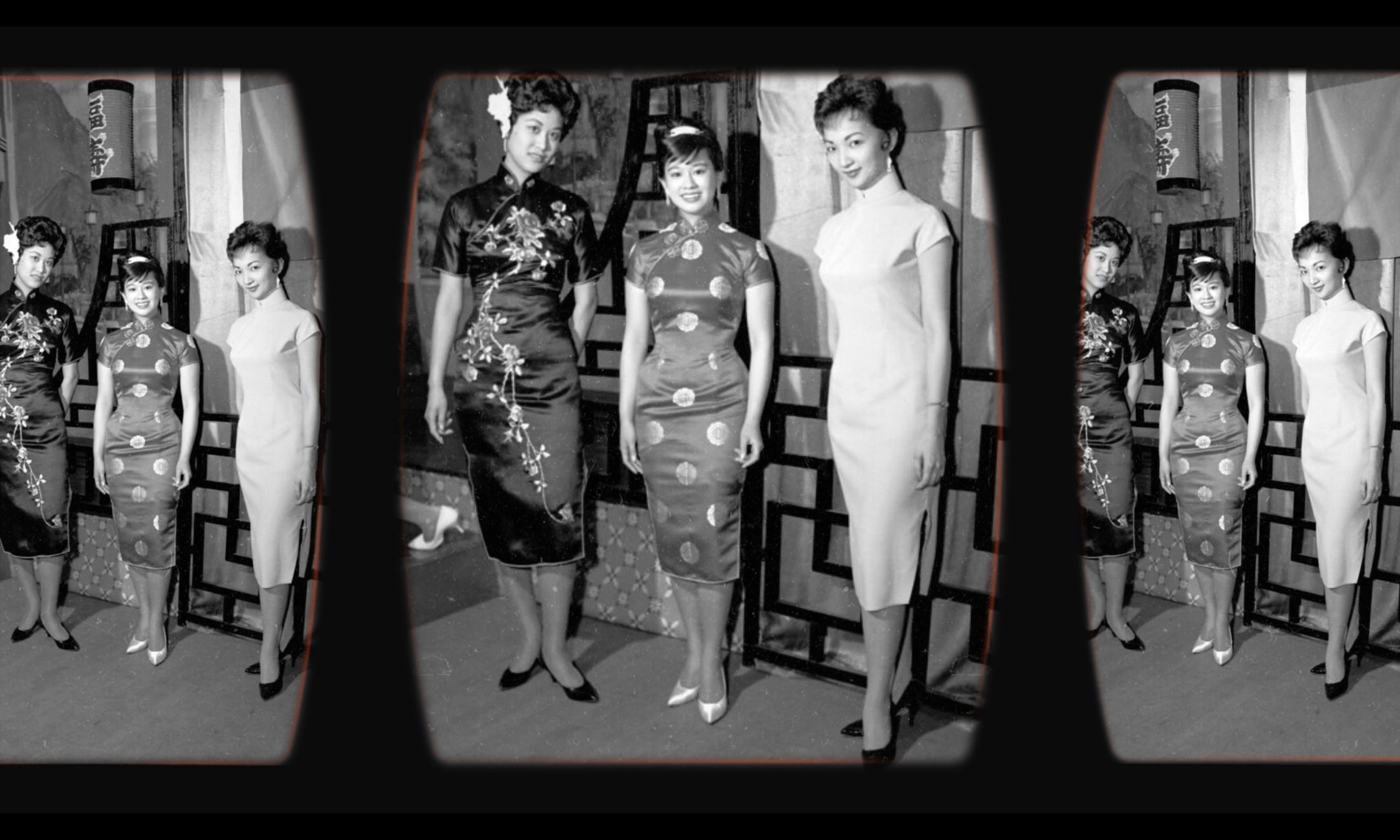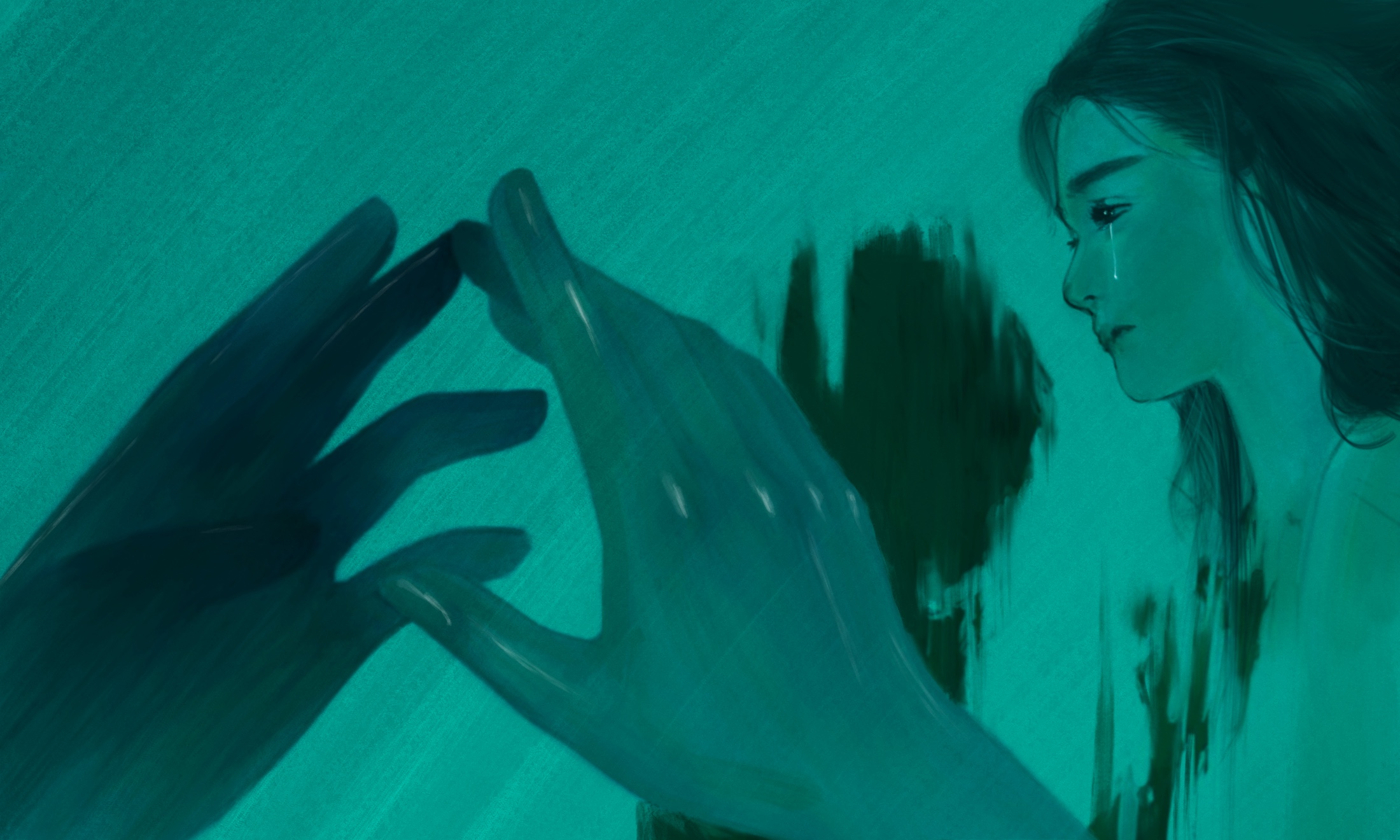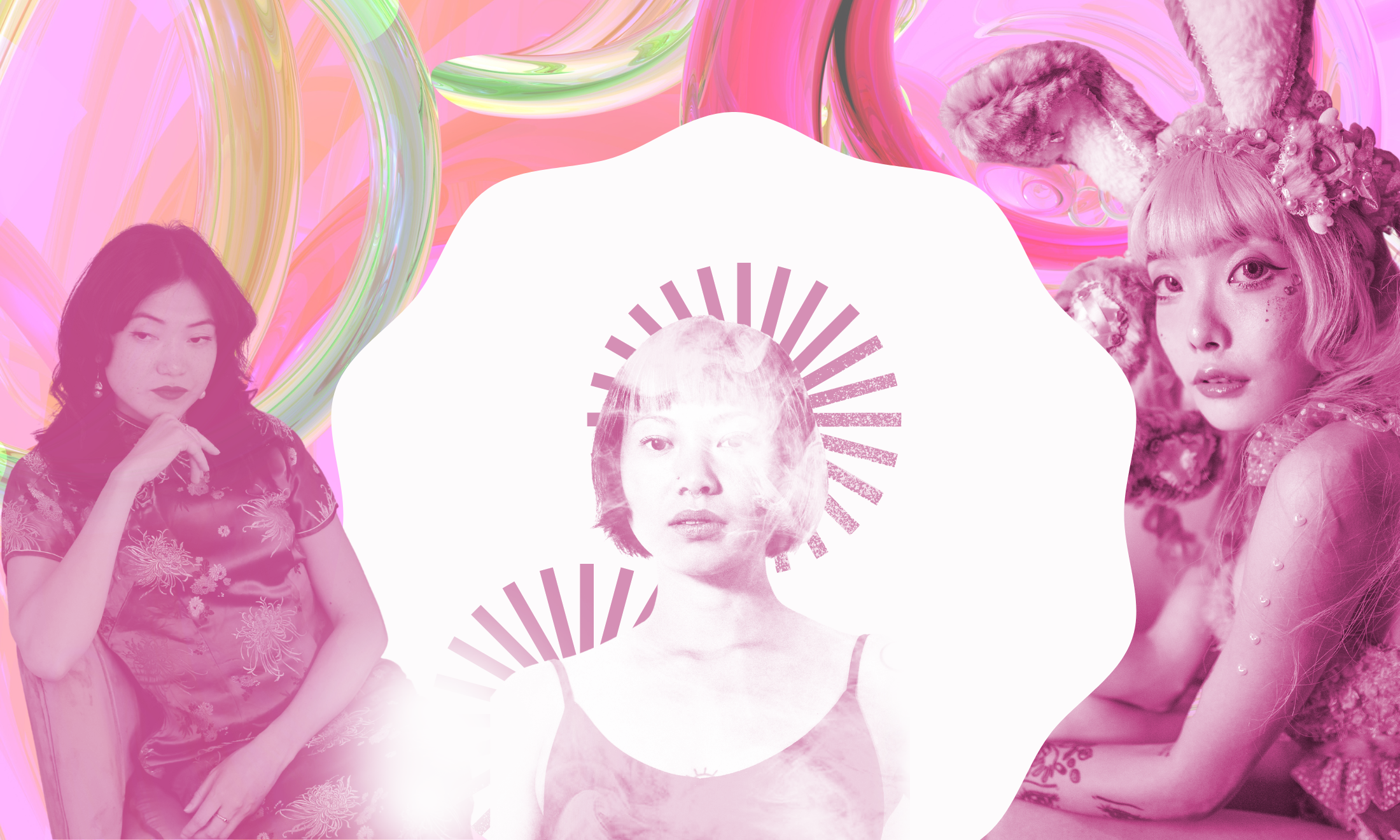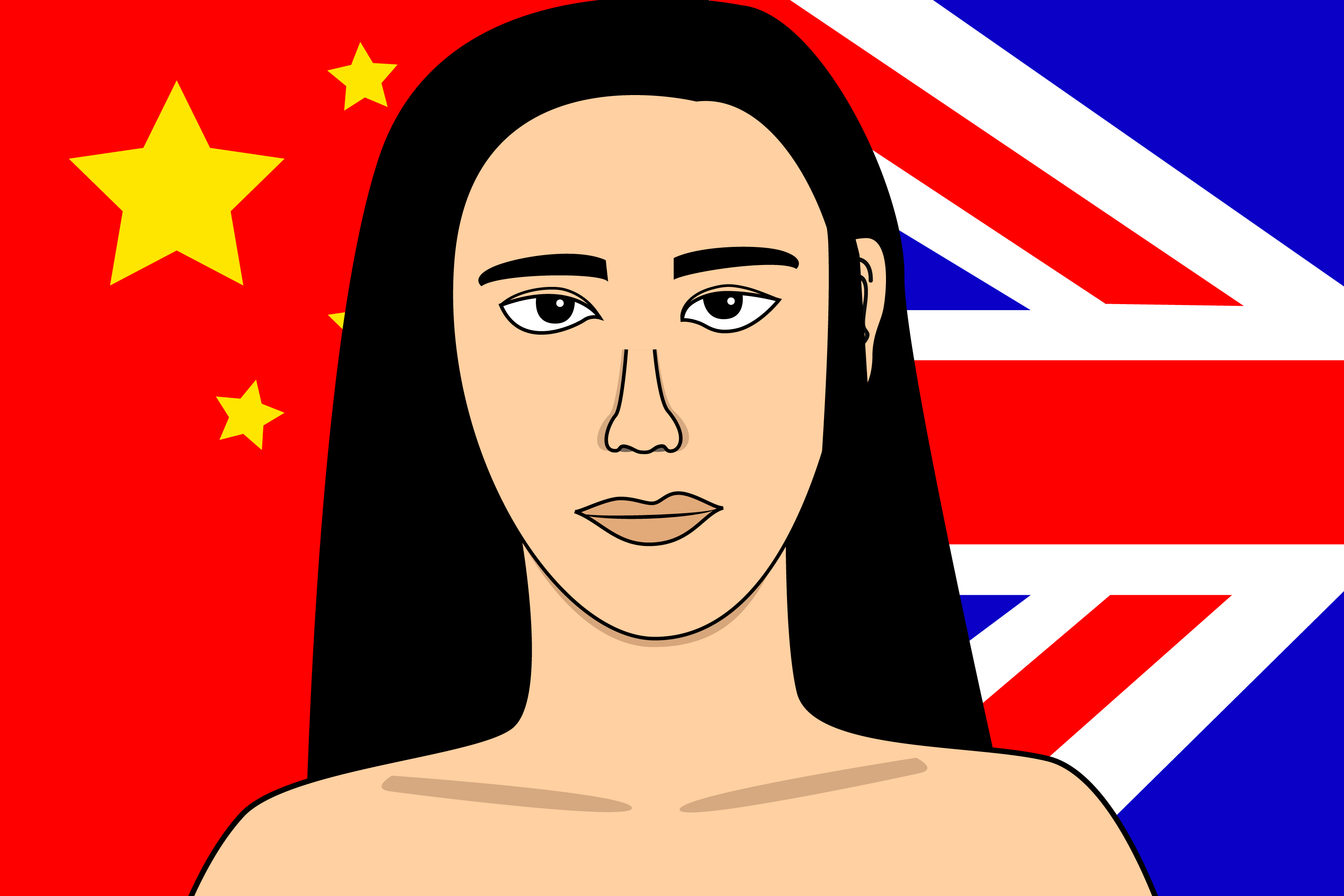
“I am not Chinese.”
“I am British.”
That’s what I often said to inquiring minds when they dared to make a suggestion or statement to me — about me. I would be affronted that they imposed an identity on me that I wasn’t particularly comfortable with, didn’t enjoy being because of some strange embarrassment or perception of inferiority. I wanted to be British. I grew up British, I said. I came to the UK when I was three-years-old, I read about Paddington Bear, performed in the nativity plays and had a love/hate relationship with Marmite. That should qualify me as British.
Growing up in the nineties, race didn’t seem such a big talking point as it seems to now. Maybe I was just too young to form my own perceptions and opinions. I felt I was the token member of any group, school and society. I definitely shirk at the mere sight or mention of “commitment to equality and diversity”, “equal opportunities” and including ethnic minorities nowadays. On one hand, I understand that it is definitely the positive move towards recognising past injustices or imbalance and attempt to address that in an institution or employment…but…at the same time, I sometimes knew when I was invited to an interview (when they had actually already selected the preferred candidate) or being accepted into a university, because I ticked a box and because they needed to fill a quota.
“Being Asian also meant being asked whether you are Chinese or Japanese, as if they were the only two choices available”
“Nai Ho.” (Say that out loud).
You just said “Hello” in Chinese. Well, technically there’s variation in Chinese, such as Mandarin and Cantonese. However, when you have the traditional slanted eyes, dark hair and light yellow skin tone, you are all the same. You could even be Japanese. Yes, being Asian also meant being asked whether you are Chinese or Japanese, as if they were the only two choices available in Asia. We’ve never heard of Thai, Vietnamese, Taiwanese etc.
However, the biggest frustration in social situations or meeting people for the first time is the following question: “Where are you from?”. I always reply with the city I grew up in. But no. “Where are you really from?”. I would like to think my first and only answer should suffice. I never thought being Chinese was relevant to a job I was going to interview for, or when I’m in a line at Starbucks, so why should it matter to other people?
Frustrations exacerbated further upon reaching the teenage years. A period of comparing oneself with peers at school. Being the only Chinese girl in an all-girls school did not have its most pleasant moments in the period of your life where a lot of non-Chinese folk also might not have the most pleasant time at school. However, that anxiety and frustration with race made life much tougher. When you are eight-years-old, and a child is pulling at their eyes and stating it’s “Chinky eyes”, you might not understand the enormity of it. I did at 14. Even worse, this was done by an Asian (Muslim) girl. I felt more slighted by the fact somebody who was non-white rather than white was insensitive towards me. Instinctually, I felt that as part of the larger homogenous Asian group, we should stick together. Evidently, it was a learning point for me. And it made me think: is the race battle between ethnic groups and white people? Or ethnic groups fighting between themselves? The prevalence of such ignorance and lack of education is what is holding us back in terms of being a forward thinking society when it comes to race.
14 is the age I first visited my homeland and I’ve never been back after that. I strode through my parents’ old hometown taking pride in the fact I was “raised British”. I could speak English better, I maintained British etiquette and customs, I had access to first world services and goods whereas people were still using holes dug in the ground as a toilet. I somehow internalised not only stereotypical views of what make somebody British but also internalised the stereotyping against Chinese people. I internalised the ignorance and disgust at my own community of people.
“I will not be scared or ashamed in being both British and Chinese. That is my identity, and that is my truth”
My shame is no longer in being Chinese. My shame is that I spent such a long portion of my life ignoring, rejecting and resenting my Chinese identity.
I doubt I will be running around Trafalgar Square with the People’s Republic of China flag anytime soon. But in such a precarious time where everything is uncertain, governments and societies are building walls and blaming immigrants for their own failures, and everyone is so scared; I will not be scared or ashamed in being both British and Chinese. That is my identity, and that is my truth, and my identity is whatever I think and value it to be, in spite of the checklists, category and box people want me to fill and tick.

